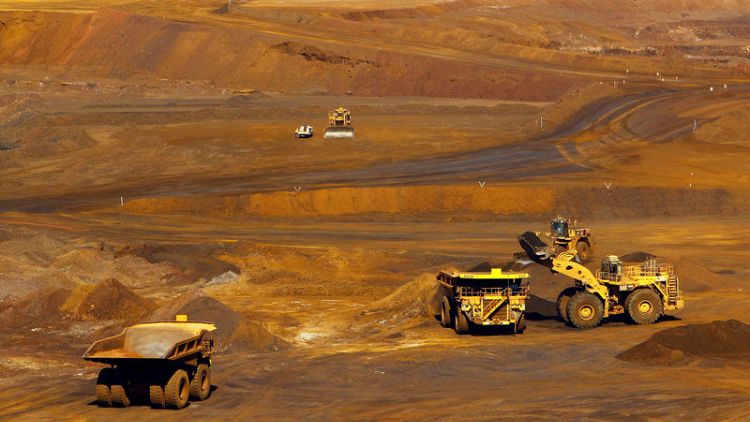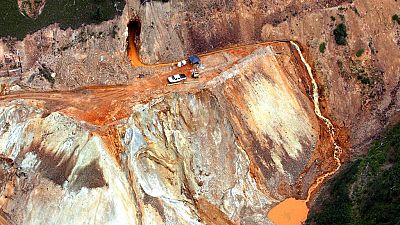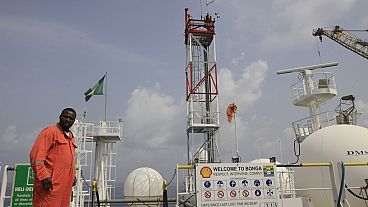MELBOURNE/BEIJING (Reuters) - Vale SA's catastrophic dam failure in Brazil may knock it off its perch as the biggest iron ore exporter as the resulting rally in high-grade ore prices steers buyers towards rivals offering cheaper ore, industry sources said on Wednesday.
The world's largest iron ore miner is facing public ire and tougher regulation after the collapse of its tailings dam in the Brazilian region of Brumadinho killed at least 84 in one of the country's worst ever industrial disasters. Hundreds are still missing and presumed dead.
Vale on Tuesday said it would take up to 10 percent of its output offline as it decommissions a total of 19 dams over three years, a move that would cut up to 40 million tonnes of iron ore production a year.
That could dethrone Vale as the No.1 supplier of sea-borne iron ore, and benefit Australian rivals such as Rio Tinto, BHP Group and Fortescue Metals Group, said Vivek Dhar of Commonwealth Bank.
"Rio is about 23 to 24 percent of the sea-borne market, and Vale is 24 percent. If we see that (Vale's shipments) come down further I think Rio could become the biggest player," Dhar said.
Weakened margins at steel mills in China have also worked against the high-grade ore supplier, with Chinese operators slashing input costs by taking lower-quality, cheaper ores in recent months.
(Graphic: China crude steel production vs steel margins link: https://tmsnrt.rs/2HRJEsH).
That trend has benefited lower-grade producer Fortescue since late 2018, and going forward may also boost sales for other Australian miners.
"What will likely happen, is that if we see Vale high grade material go (from the market), you'll see an increased demand for mid-grades. That will favour more of BHP's and Rio's material," Dhar said.
(Graphic: Making the grade: High & low grade iron ore producers part ways as China's mills cut costs link: https://tmsnrt.rs/2TkqDA5).
POST-HOLIDAY MARKET
Steelmakers and traders in China were also preparing for a drop in iron ore supplies from Vale in the post-Chinese New Year restocking period. One customer with a long-term contract in China's top steel-making province Hebei, though, said he had not been notified by the Brazilian miner of any change to supply.
"Forty million tonnes of output reduction is quite a big amount ... We expect Vale will prioritize supply to steel mills who signed long-term contracts with them, which means the amount Vale will put into the spot market will be less," said a Qingdao-based iron ore trader.
"Prices have soared ... but we don't know how long for. If steel mills do not accept such high prices, they would turn to cheaper alternatives from Australia," he said.
Chinese iron ore futures rose to their highest level in nearly 17 months on Wednesday.
Vale has said the impact will be offset by increased production elsewhere, but analysts deem any speedy ramp up unlikely.
"When your social license to operate is under threat, to start new operations or ramp up production will come under scrutiny," said Matthew Keane, an analyst at broker Argonaut in Perth.
Shares in Vale have fallen 23 percent since Friday, while shares in Rio have gained 8.4 percent, BHP 4.7 percent and Fortescue 12.9 percent.
(Reporting by Melanie Burton in MELBOURNE and Muyu Xu in BEIJING; Editing by Tom Hogue)



